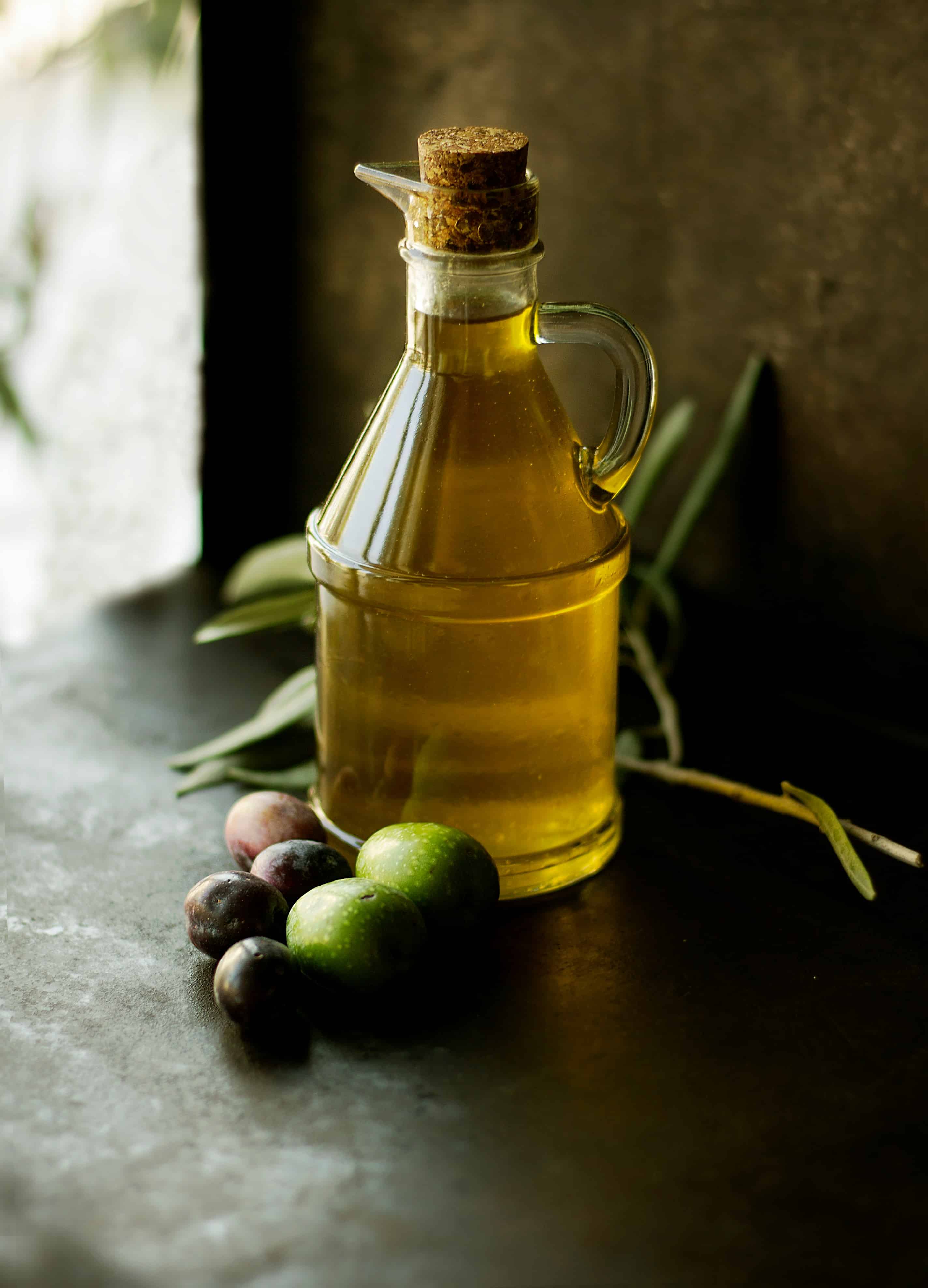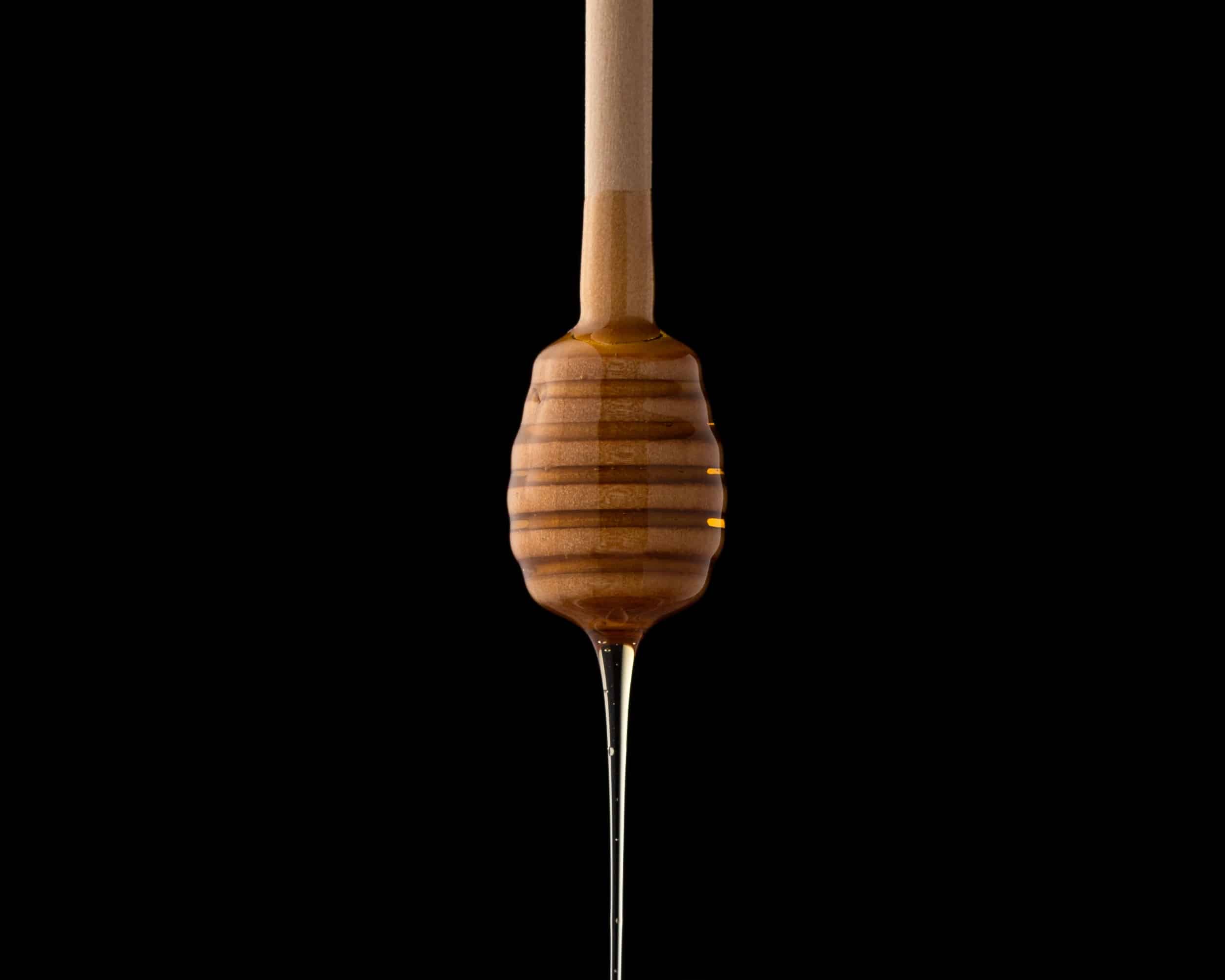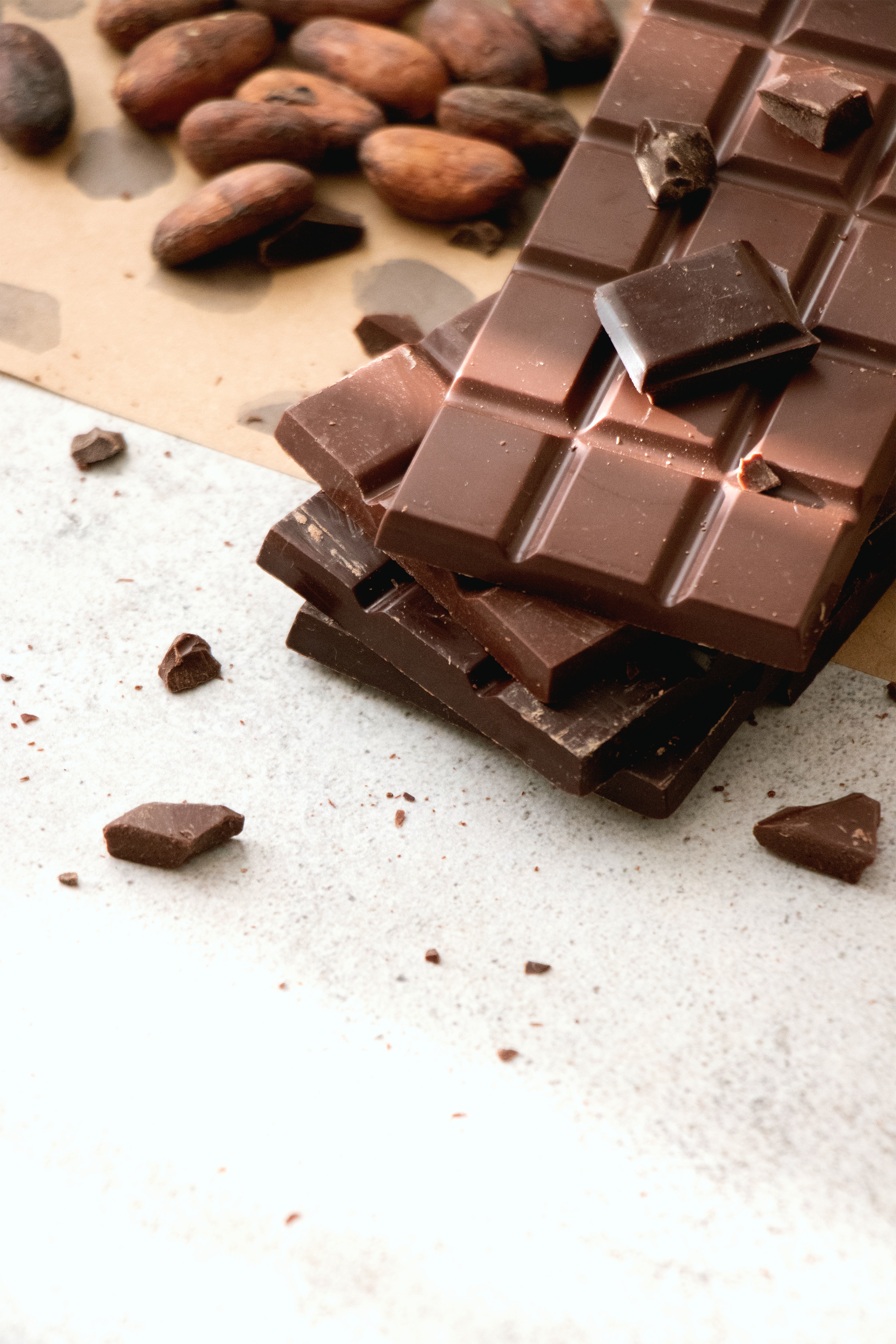Extra virgin olive oil is a popular and versatile ingredient that has been used for centuries in various cuisines around the world. Known for its distinct flavor and numerous health benefits, this oil is a staple in many kitchens. In this article, we will explore the benefits and uses of extra virgin olive oil.
What is Extra Virgin Olive Oil?
Extra virgin olive oil is the highest quality and least processed form of olive oil. It is made by pressing olives without the use of heat or chemicals, which helps retain its natural flavor and nutritional value. The term “extra virgin” refers to the oil meeting specific standards of acidity, taste, and aroma.
Health Benefits of Extra Virgin Olive Oil
Extra virgin olive oil is not only delicious but also packed with health benefits. Here are some of the key advantages:
1. Rich in Antioxidants
Extra virgin olive oil is loaded with antioxidants, which help protect the body against oxidative stress and inflammation. These antioxidants have been linked to a reduced risk of chronic diseases such as heart disease and certain types of cancer.
2. Heart-Healthy
Studies have shown that a diet rich in extra virgin olive oil can have a positive impact on heart health. It has been associated with lower levels of bad cholesterol (LDL) and higher levels of good cholesterol (HDL), which can help reduce the risk of heart disease.
3. Anti-Inflammatory Properties
The anti-inflammatory properties of extra virgin olive oil may help reduce inflammation in the body. Chronic inflammation has been linked to various health conditions, including obesity, diabetes, and certain types of cancer.
4. May Aid in Weight Loss
Incorporating extra virgin olive oil into a balanced diet may help with weight loss and weight management. The monounsaturated fats in olive oil can increase feelings of fullness and help control appetite.
Uses of Extra Virgin Olive Oil
Extra virgin olive oil is not just for cooking. It can be used in a variety of ways to enhance both the flavor and nutritional value of your meals. Here are some popular uses:
1. Cooking and Baking
Extra virgin olive oil is a versatile cooking oil that can be used for sautéing, roasting, and frying. Its rich flavor adds depth to dishes, while its high smoke point makes it suitable for high-heat cooking methods. Additionally, it can be used as a substitute for butter or other oils in baking recipes.
2. Salad Dressings and Marinades
Whisking extra virgin olive oil with vinegar or lemon juice creates a simple and delicious salad dressing. Its fruity and peppery notes can enhance the flavors of fresh vegetables and greens. It can also be used as a base for marinades, adding flavor and moisture to meats, poultry, and seafood.
3. Dipping Oil
Drizzling extra virgin olive oil over crusty bread is a classic way to enjoy its flavors. You can also add herbs, spices, or balsamic vinegar to create a flavorful dipping oil for bread or vegetables.
4. Finishing Touch
Adding a drizzle of extra virgin olive oil to finished dishes can elevate their flavors. It works well as a finishing touch on soups, pasta, grilled vegetables, and even desserts like ice cream.
Conclusion
Extra virgin olive oil is not only a delicious and versatile ingredient but also a healthy choice. Its rich flavor, high antioxidant content, and numerous health benefits make it a pantry staple in many households. Whether used for cooking, dressing salads, or as a finishing touch, this oil adds a delightful twist to any dish. So, go ahead and incorporate extra virgin olive oil into your culinary adventures!




